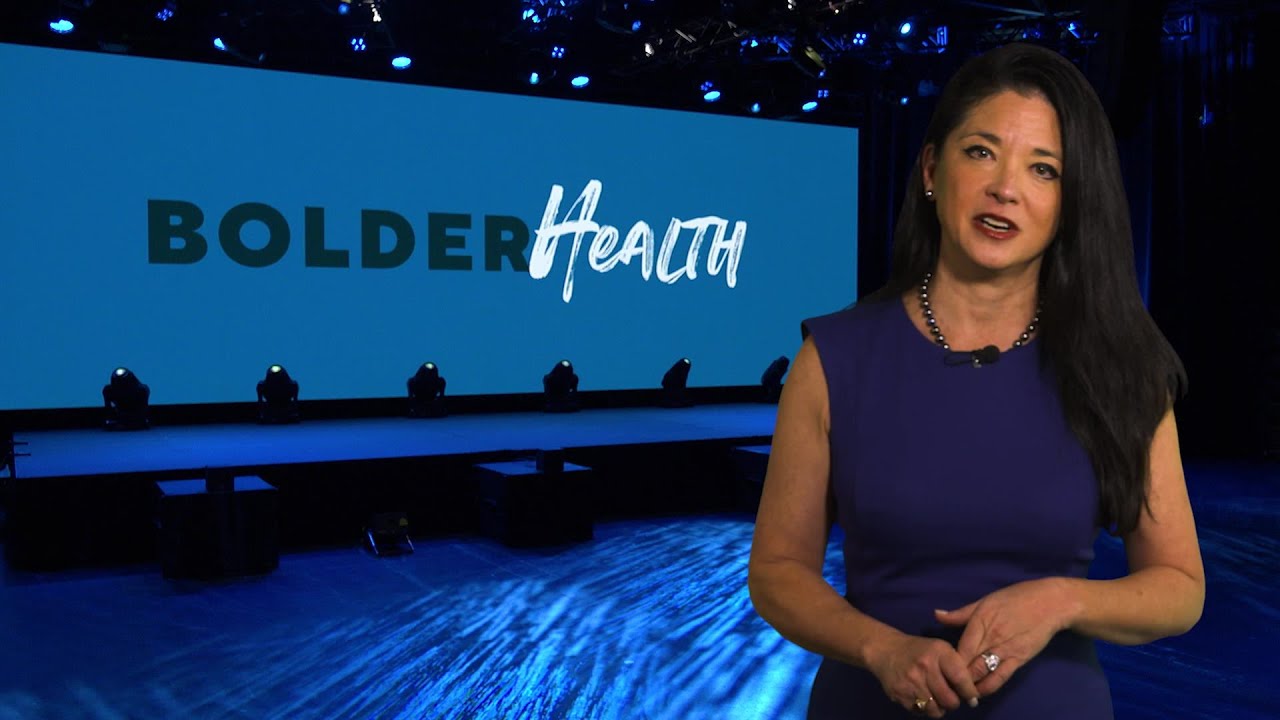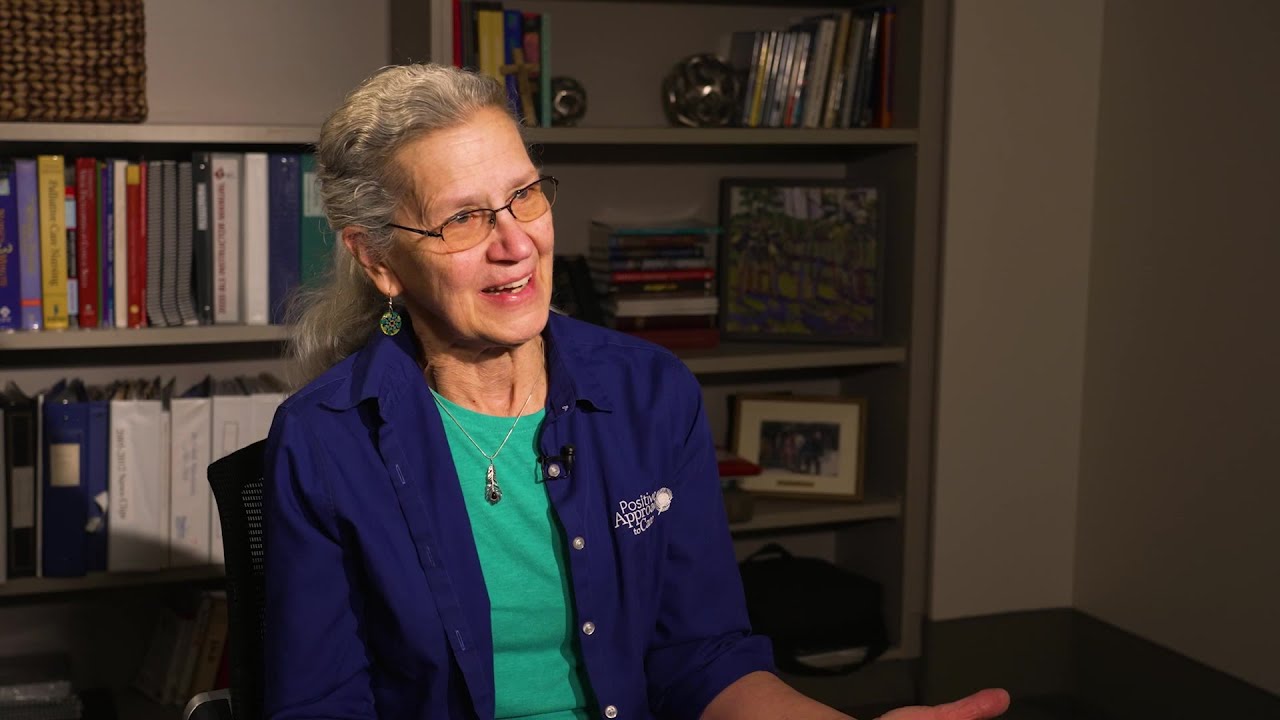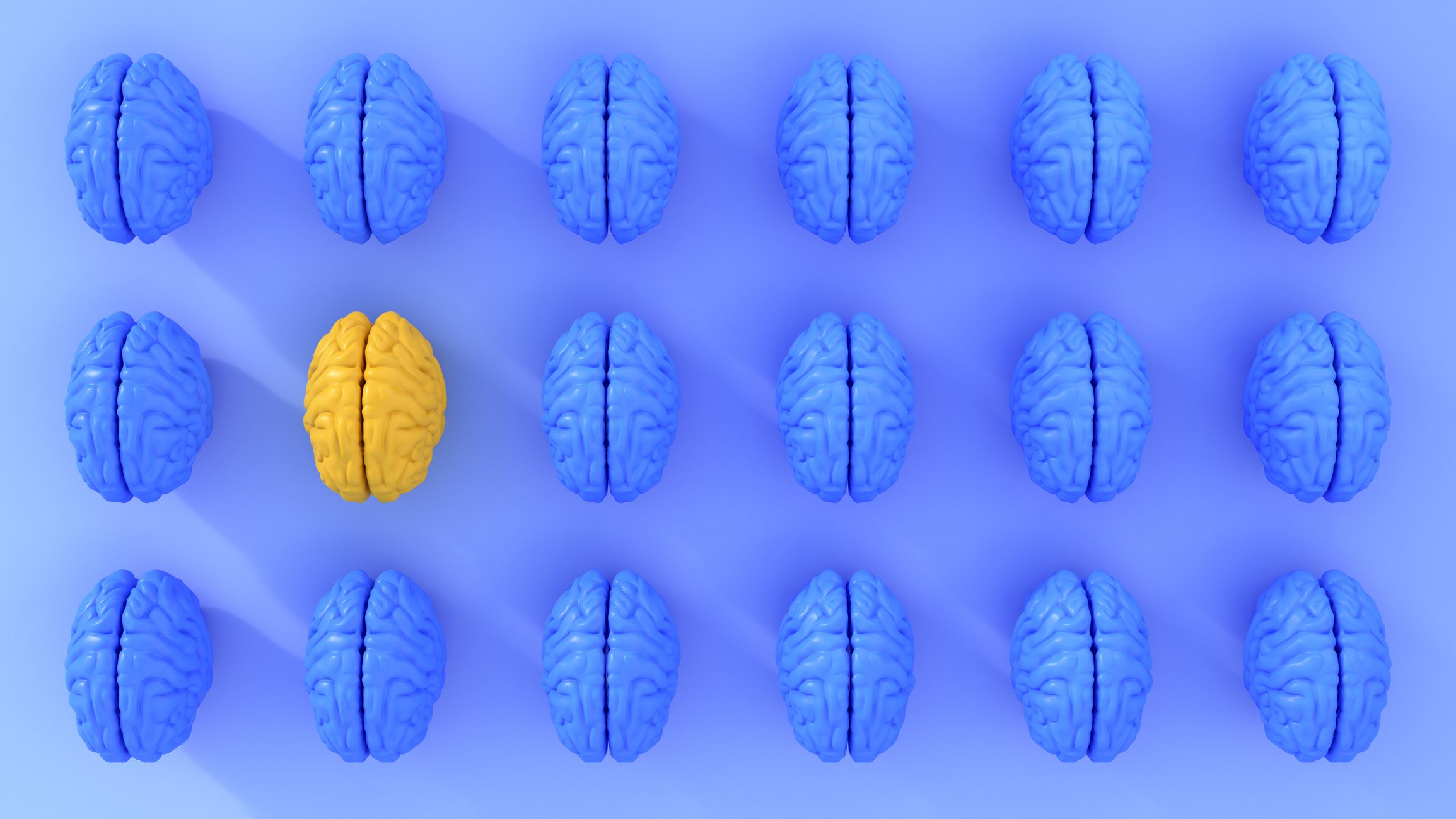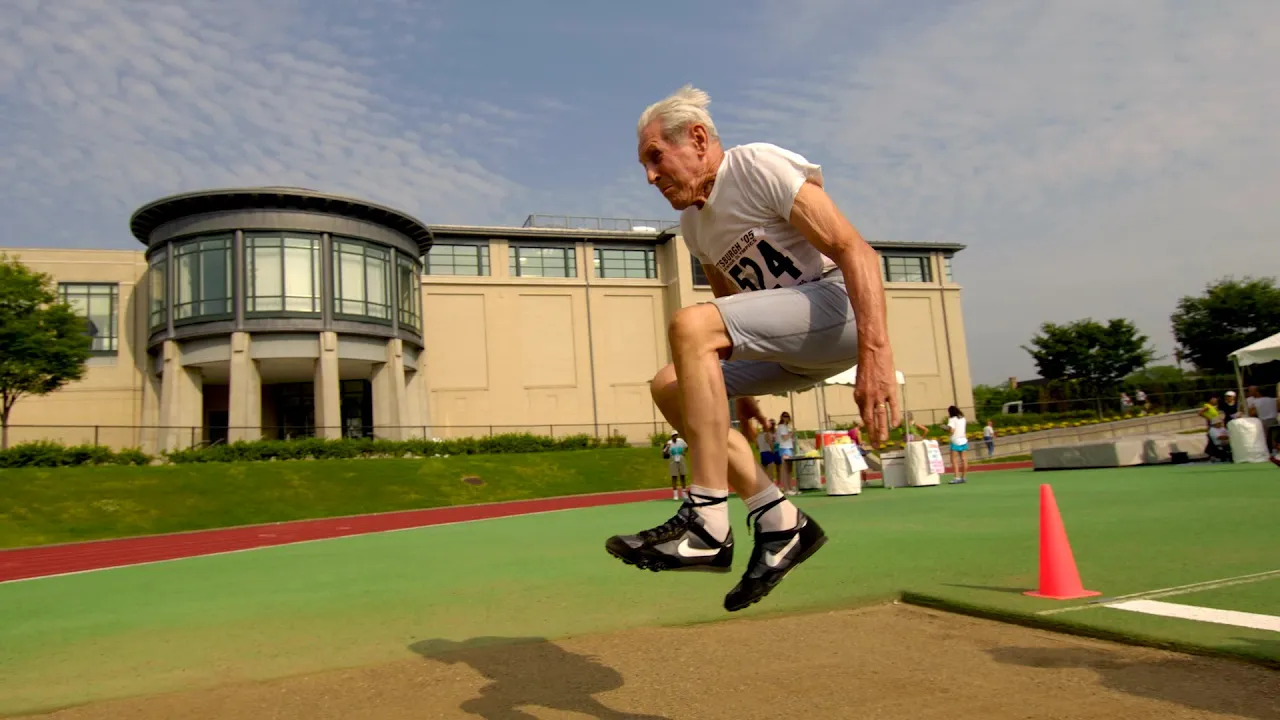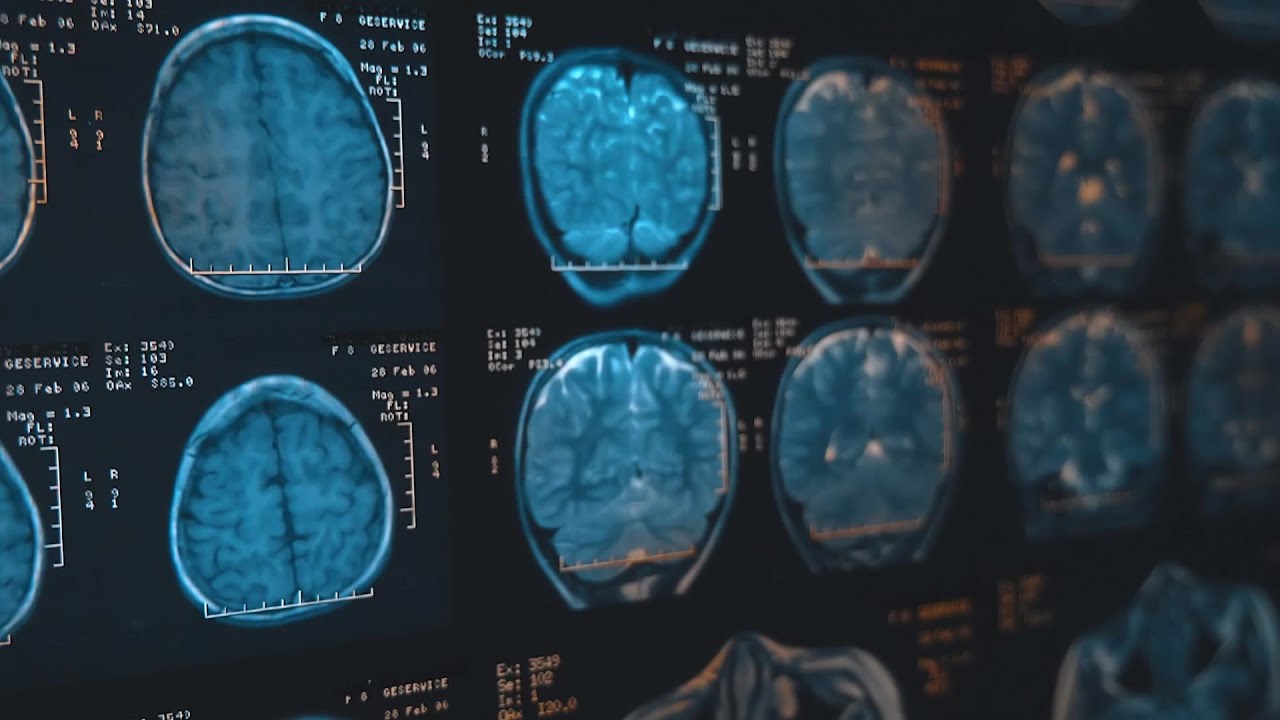It’s often the first question we ask those we live with each morning. A better question might be: ‘How much sleep did you get last night?’
While the amount of sleep we need does change as we age, research by the National Institutes of Health shows just one percent of adults need less than six hours a night and healthy sleep includes not just the hours of sleep but the quality. We need rapid eye movement (REM)—the deep sleep in which dreaming happens—and non-REM for a complete cycle which lasts an average of 90 to 110 minutes.
Not only do we feel better the day after a good night’s sleep, we age better as well. An expansive sleep study promotes the power of sleep for people in their 50s and 60s. The research, published in the journal Nature Communications, followed nearly 8,000 people in Britain for about 25 years, beginning when they were 50 years old.
What did they learn? People who consistently reported sleeping six hours or less on an average weeknight were about 30 percent more likely than people who regularly slept for seven hours or more to be diagnosed with dementia nearly three decades later.
“It would be really unlikely that almost three decades earlier, this sleep was a symptom of dementia, so it’s a great study in providing strong evidence that sleep is really a risk factor,” Dr. Kristine Yaffe, a professor of neurology and psychiatry at the University of California, San Francisco, told The New York Times. She was not involved in the study.
Researchers tracked how many hours the 7,959 participants slept. They filed reports six times between 1985 and 2016. When the study concluded, 521 people had been diagnosed with dementia at an average age of 77. The study indicated no general difference between men and women.
“The study found a modest, but I would say somewhat important association of short sleep and dementia risk,” Pamela Lutsey, an Associate Professor of epidemiology and community health at the University of Minnesota, told the Times. “Short sleep is very common and because of that, even if it’s modestly associated with dementia risk, it can be important at a societal level. Short sleep is something that we have control over, something that you can change.”
Why is lack of sleep tied to dementia? Researchers at the University of Rochester Medical Center discovered the brain has a glymphatic system that is active during sleep, clearing away toxins responsible for Alzheimer’s disease and other neurological disorders. Additionally, American Heart Association studies show that if you have high blood pressure, type 2 diabetes, heart disease or stroke, insufficient sleep puts you at an even higher risk for cancer or early death.
We can work on our diet, exercise habits and stress management, but without adequate sleep there’s an important piece missing from our overall health picture.
Every spring we lose an hour of sleep in the United States when Daylight Savings Time begins. When we “spring forward” our bodies need to adjust to the time cue we normally get from light. Changing the clocks makes our internal body clock get temporarily out of sync with our daily rhythm.
So, better sleep surely helps us live longer, purposeful lives. How do we get there? In Better Sleep, Better You, Dr. Frank Lipman notes sleep is our primary health rhythm: “All roads lead to and from sleep.” The book offers a 21-day sleep “reset,” helping reset your body’s natural clock through a series of small shifts in your daily habits.
Here are 8 easy habits to incorporate for 8 good hours of sleep:
- Get your Daily Dose of Vitamin D: A few minutes of direct exposure to bright, natural light during the day, every day, regulates your body’s rhythms.
- Eat Light: A lighter meal for supper ensures your body isn’t working overtime to digest food. If you need an evening snack, cherries, grapes, strawberries, nuts, and oats all have high melatonin content.
- Create Evening Rituals: Begin winding down your day with something like an evening meditation, a non-caffeinated cup of tea such as chamomile or lavender, or anything that helps you unwind from the day. Avoid alcohol, however, which can reduce REM sleep and cause sleep disruptions as it processes in the liver.
- Set Your Internal Clock: Create a sleeping routine timewise, going to bed and waking up at the same times each day as much as possible.
- Turn It Off: Shut off your electronic devices (phones, computer, tablet) at least two hours before going to bed. If you like to read before sleeping, try a physical book or magazine.
- Exercise Early: Do any strenuous workouts or activities earlier in the day. Instead of revving up your system, wind your physical activity down as the day progresses.
- Set the Mood: Create a great sleep environment by keeping your bedroom as dark as possible, setting the thermostat between 60 to 71 degrees Fahrenheit if possible.
- Take a Nap: If you get less sleep than normal on a given night, don’t go to bed earlier the next night. Take a nap the next day instead of adjusting your bedtime.



